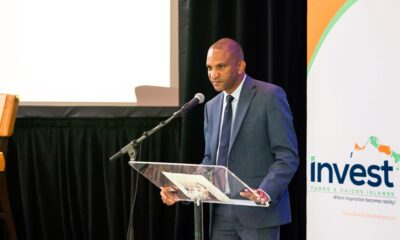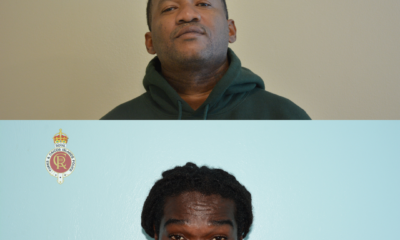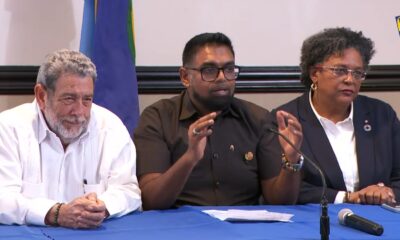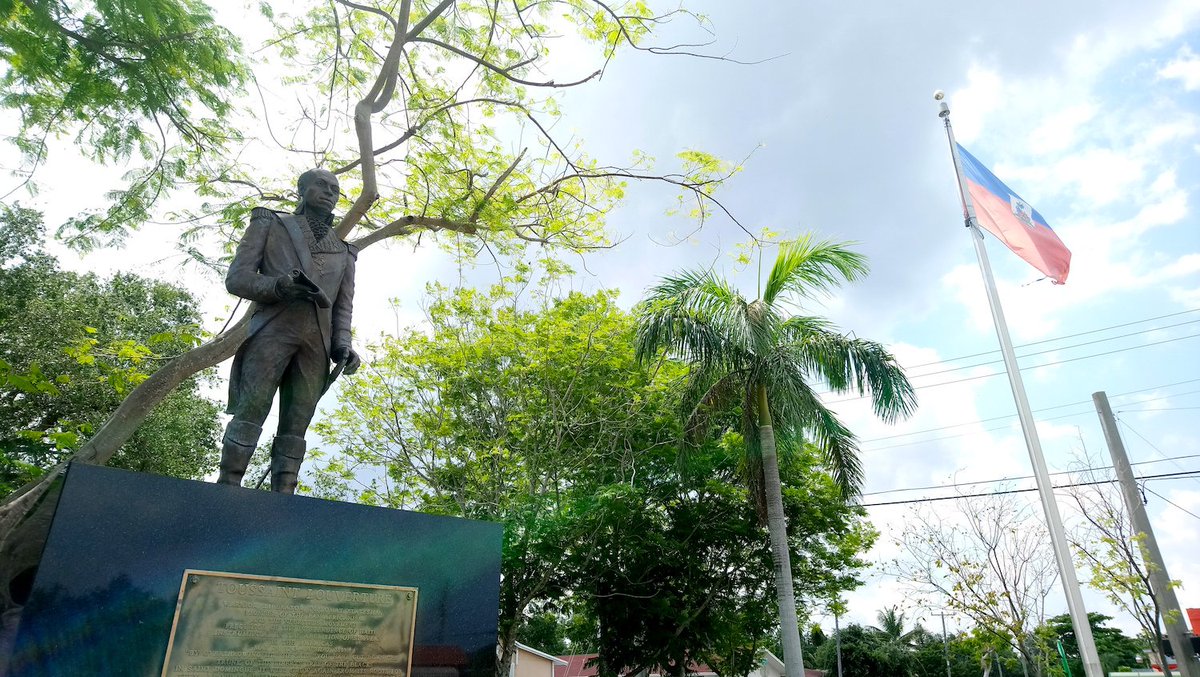Caribbean News
Planning freezes Priton Development, suspends pre-fab home occupancy
Caribbean News
CARICOM, UN applauds published decree establishing Haiti’s Transitional Government
Caribbean News
HACKATHON TO EMPOWER CARIBBEAN GIRLS TO BECOME LEADERS IN STEM SECTOR
Caribbean News
Draft Utility Policy Explained, Consultancy continues until May 24
-

 Caribbean News1 week ago
Caribbean News1 week agoBarbados welcomes new aircraft
-

 News1 week ago
News1 week agoYoung Junkanoo Player stuck in Grenada flown home on private jet by Government
-

 Finance1 week ago
Finance1 week agoE. Jay Saunders and Team spearhead landmark change in Public Financial Management; Budget ROLL-OVERS now approved
-

 Crime1 week ago
Crime1 week agoMales Charged with Firearm Offences
-

 Crime1 week ago
Crime1 week agoAvoid Credit Card Fraud, CIBC makes security changes
-

 TCI News1 week ago
TCI News1 week agoFear that Horrible Airport Reviews damaging TCI Tourism
-

 Africa1 week ago
Africa1 week agoUN Sec Gen says Africans must be honoured, supports reparations
-

 Caribbean News1 week ago
Caribbean News1 week agoHaiti political update and Trinidad and Tobago not sending troops for mission










